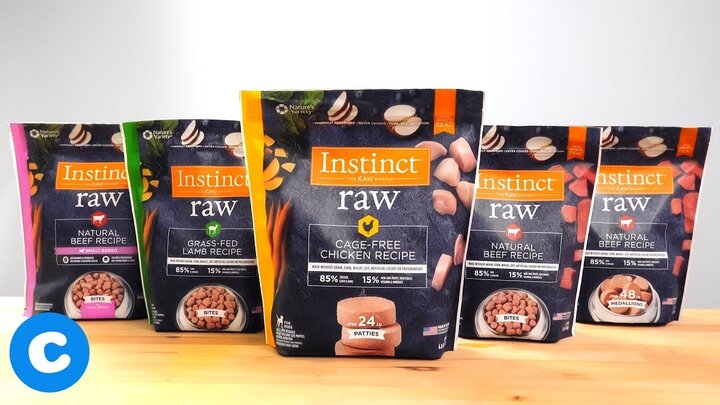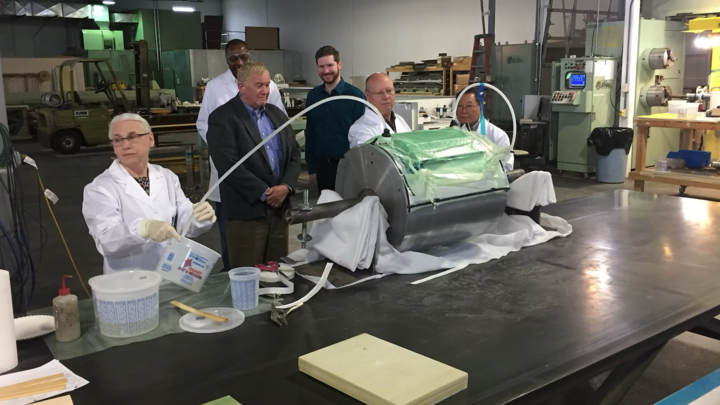2021
"The Food Processing Center helped us learn more about how our products behave during tempering and helped us identify strategies to reduce this bottleneck in our process which we have been dealing with over the last decade. The ability to use the FPC and Nebraska MEP engineering capabilities to improve our process was extremely helpful."
Jason Meents, Director of Research and Development
Improving a manufacturing bottleneck through process simulation
Nature’s Variety, headquartered in St. Louis, MO., currently employs over 150 people in Lincoln, NE., as well as 250 company-wide. Instinct Pet Food (a.k.a. Nature’s Variety) is on a mission to transform the lives of pets, starting with their food. Their Instinct Raw products are minimally processed and made with real meat, fruit and vegetables along with other recognizable ingredients. Instinct provides a range of raw options for dogs and cats, such as frozen and freeze-dried raw meals, raw + kibble recipes and raw toppers.
The company's high-quality pet foods for dogs and cats can be found in over 11,000 retail stores nationwide under the Instinct brand name. Instinct is the only raw pet food company in North America to achieve an “excellent” Safe Quality Food food safety rating as defined by the Safe Quality Food Institute (SQFI) and a Safe Quality Food (SQF) certification, instilling a high degree of trust in their raw recipes and procedures.
The Challenge
It is common for raw meat products to be tempered at some point during manufacturing to facilitate grinding, blending and formulation operations. Nature’s Variety engaged engineers in the Food Processing Center (FPC) at the University of Nebraska through the Nebraska MEP, part of the MEP National Network™, to optimize product shape and size and tempering room conditions, with the goal of reducing tempering times from 72 hours to under 24 hours. As with all frozen food items long tempering times lead to lower product quality as well as increasing the risk for microbial growth, comprising the safety and shelf-life of the food.
MEP's Role
The FPC conducted tests to determine thermal properties of Nature Variety’s meat product blends and used heat transfer analysis and Multiphysics simulation software to optimize product size and shape, while varying tempering room conditions.
This project led to a better understanding of their product’s thermal properties and tempering room operations, as well as changing product size and shape so that tempering times are reduced and the overall production from raw to finished goods is more efficient.
Results

| $1,800,000 estimated annual savings |

| $200,000 invested in new equipment |




